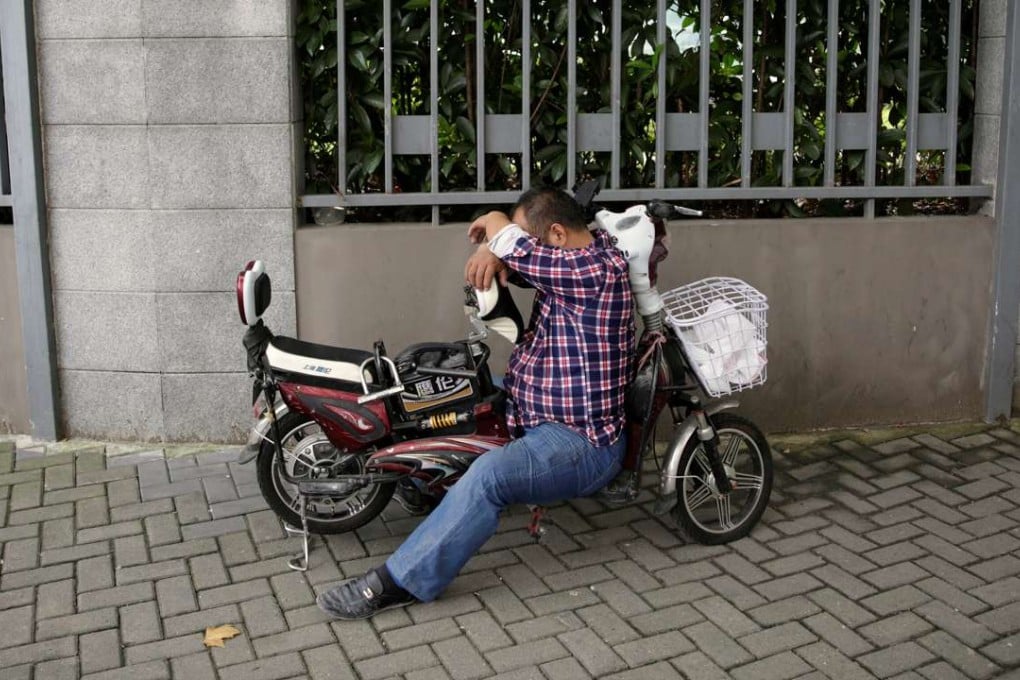Opinion | Blame communist China’s moral bankruptcy for its lack of charity
Cary Huang says the growing ranks of Chinese billionaires only show up the extent to which the traditional values of care and giving have been destroyed

After years of stellar economic growth, China today tops the world in both billionaires and luxury goods consumption, overtaking the US. But such newfound wealth does not automatically bring about a proportional growth in generosity and sympathy for the needy. Instead, China has continued to be among the world’s least generous nations.
Why China’s rich should do more to help the poor
The index measures the percentage of people in each country who donate money, volunteer or help a stranger. This year, Myanmar tops the index, followed by the US and Australia. Myanmar’s overall score was 70 per cent, while China’s was 11 per cent.
Who’s the biggest giver? Top 10 philanthropists in China and the United States
Last week, the Forbes China Rich List reported a record 400 US-dollar billionaires in the country. However, the world’s second-largest economy has no Rockefellers or Fords, or a modern-day Bill Gates or Warren Buffett to emulate, as surprisingly few Chinese fat cats have embraced charitable giving.
China lags far behind many nations in both the absolute amount in charity giving and the per capita rates of giving. In the US, 165 million Americans, or 63 per cent of the population, said they donated money to a good cause, while just 6 per cent, or 66 million, of Chinese did so. Americans have spent more than 2 per cent of the nation’s annual gross domestic product on charity while China spent less than 0.05 per cent of its GDP. Total charitable giving in China was just 4 per cent of the US level in 2013, according to Hurun.
